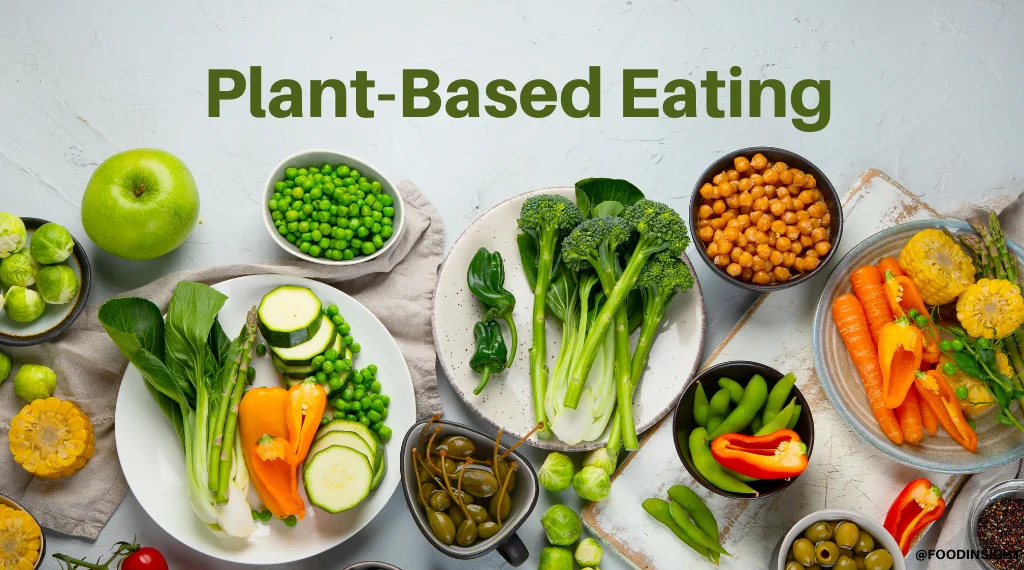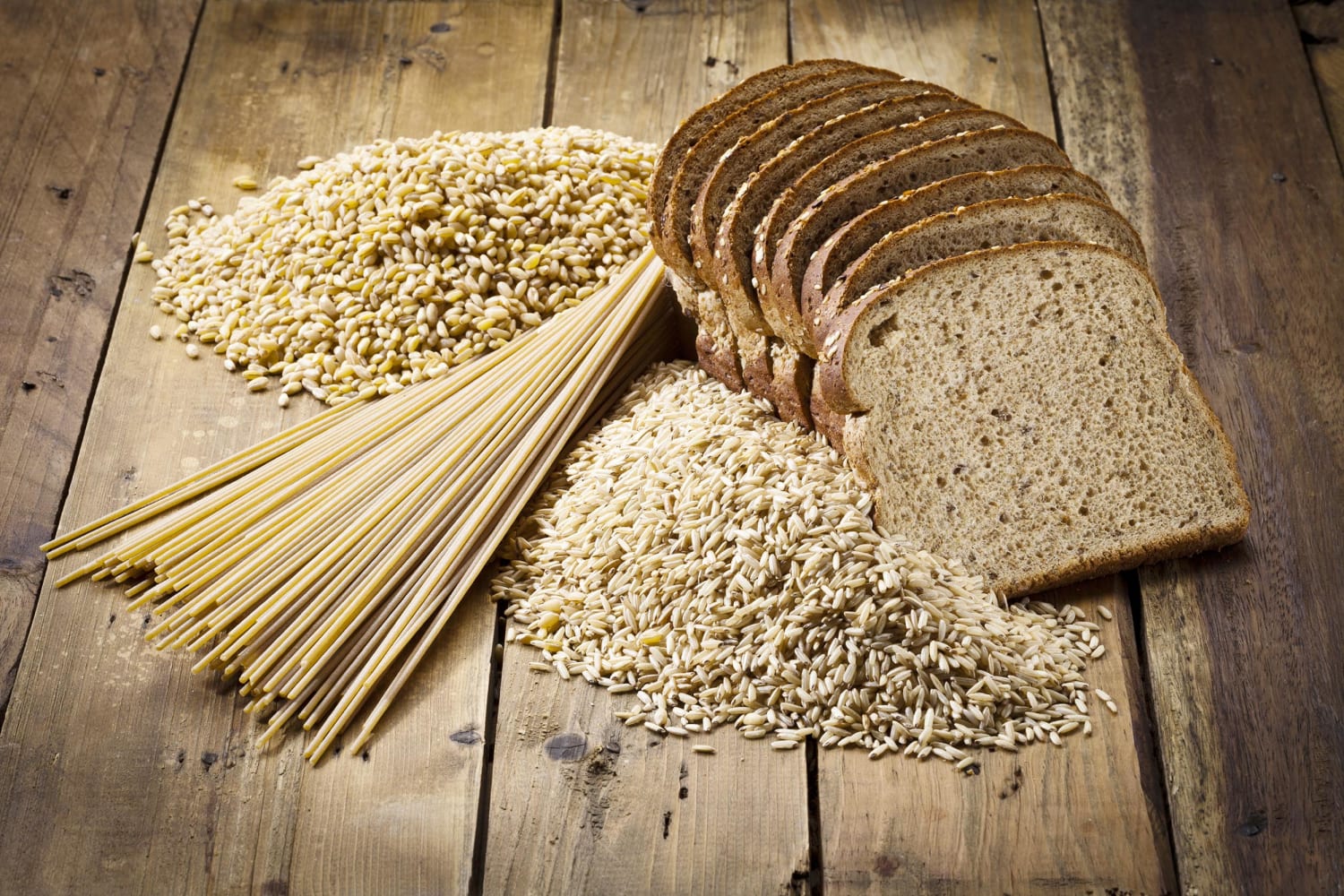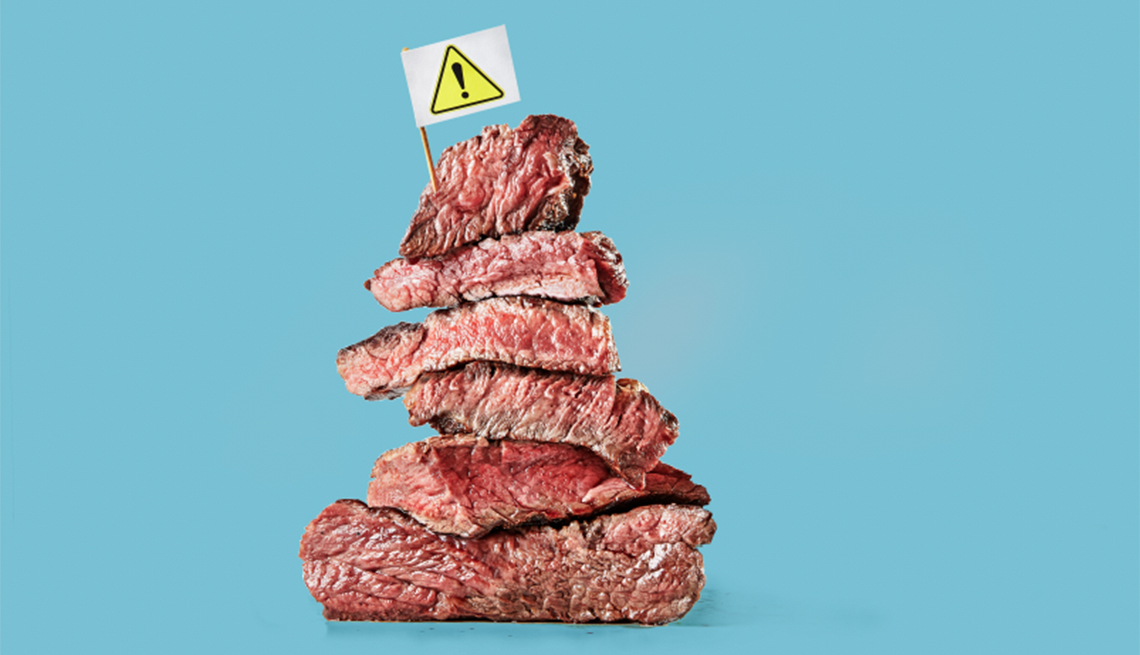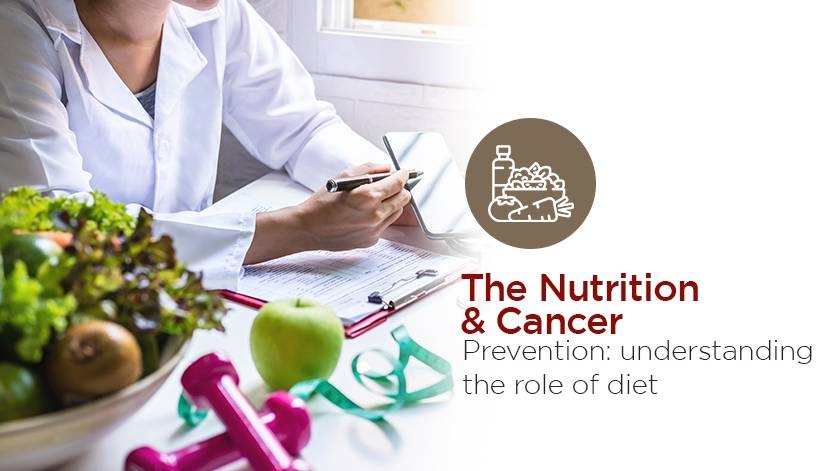A balanced, nutrient-dense diet plays a vital role in reducing cancer risk, and experts agree that what we eat can significantly influence our overall health. While genetics and lifestyle factors contribute to cancer risk, research highlights the power of dietary choices in preventing certain cancers. By focusing on whole foods, plant-based options, and anti-inflammatory ingredients, we can support our bodies’ defenses and promote cellular health.
This article dives into evidence-based dietary recommendations for lowering cancer risk, including foods to embrace, habits to adopt, and insights from top nutrition and oncology experts. These actionable dietary changes can lead to a healthier lifestyle and potentially reduce cancer risk.
1. Emphasize Plant-Based Foods for Antioxidant Protection
Research has shown that plant-based foods are rich in antioxidants, compounds that neutralize harmful free radicals that can damage cells and lead to cancer.
Key Recommendations
- Incorporate Colorful Vegetables and Fruits: Foods like berries, leafy greens, carrots, and tomatoes contain vitamins, minerals, and antioxidants essential for fighting cellular damage.
- Focus on Fiber: High-fiber foods, such as beans, whole grains, and vegetables, promote gut health and may lower the risk of colorectal cancer. Fiber helps the digestive system eliminate waste more effectively, reducing exposure to potential carcinogens.
- Choose Cruciferous Vegetables: Vegetables like broccoli, cauliflower, and Brussels sprouts contain sulforaphane, a compound linked to reduced cancer risk, particularly in cancers of the breast, prostate, and colon.
Experts recommend filling half of your plate with fruits and vegetables to maximize the benefits of plant-based eating and support overall health.

2. Prioritize Whole Grains for Added Nutrients and Reduced Cancer Risk
Whole grains, unlike refined grains, retain their bran and germ, making them nutrient-rich and beneficial for cancer prevention.
Recommended Whole Grains

- Brown Rice and Quinoa: These grains are high in fiber and magnesium, which play a role in maintaining a healthy digestive tract.
- Oats and Barley: Studies indicate that beta-glucan, a type of soluble fiber in oats and barley, may improve immune function and reduce cancer risk.
- Whole Wheat and Farro: These grains provide essential nutrients like selenium, which has antioxidant properties and helps protect cells from damage.
Whole grains also help regulate blood sugar, which can reduce inflammation—a known contributor to cancer development. Aim for at least three servings of whole grains daily to support health and prevent cellular changes that can lead to cancer.
3. Limit Red and Processed Meats to Reduce Cancer Risk
Multiple studies have linked the consumption of red and processed meats to an increased risk of colorectal cancer and other cancers.
Recommendations for Meat Consumption
- Choose Lean Proteins: Swap red meat for lean options like chicken, turkey, or plant-based proteins, which reduce exposure to potentially harmful compounds.
- Reduce Processed Meats: Avoid or limit sausages, hot dogs, and cured meats, as these contain nitrites and nitrates linked to cancer. The World Health Organization (WHO) classifies processed meats as carcinogenic.
- Adopt Meat-Free Days: Incorporating meat-free meals into your routine, such as “Meatless Mondays,” can lower cancer risk and provide an opportunity to enjoy more plant-based foods.

Health organizations recommend limiting red meat intake to no more than three servings per week and choosing healthier protein sources whenever possible.
4. Opt for Healthy Fats for Better Cellular Health
Healthy fats play a vital role in reducing inflammation and supporting immune function, both of which are critical in cancer prevention.
Best Sources of Healthy Fats
- Olive Oil: Rich in monounsaturated fats and polyphenols, olive oil has been associated with a lower risk of cancer due to its anti-inflammatory and antioxidant properties.
- Avocados and Nuts: These foods provide healthy fats along with essential nutrients like vitamin E, which helps protect cells from oxidative damage.
- Omega-3 Fatty Acids: Found in fatty fish (like salmon, sardines, and mackerel) and flaxseeds, omega-3 fatty acids reduce inflammation and have been linked to a lower risk of certain cancers.
Replacing saturated fats from sources like butter and fatty cuts of meat with unsaturated fats can reduce inflammation and create a more balanced diet that supports long-term health.
5. Stay Hydrated and Limit Sugary Beverages for Optimal Health
Maintaining proper hydration and limiting sugar-sweetened drinks are essential components of a cancer-preventive diet.
Hydration Tips
- Drink Water Throughout the Day: Water is essential for flushing toxins out of the body, supporting kidney function, and maintaining overall cellular health.
- Choose Herbal Teas and Infused Water: Green tea, for instance, is rich in catechins, antioxidants shown to reduce the risk of cancer. Herbal teas and fruit-infused water offer flavor without added sugars.
- Limit Sugary and Processed Drinks: Sugary beverages contribute to weight gain and can increase inflammation. Elevated sugar levels in the body have been linked to a higher risk of certain cancers.
Experts suggest drinking at least eight glasses of water daily and limiting soda and other sugary drinks to lower cancer risk and support metabolic health.
6. Reduce Alcohol Consumption to Protect Against Multiple Cancer Types
:max_bytes(150000):strip_icc()/can-tapering-off-reduce-alcohol-withdrawal-symptoms-80195-01-8714fd18faf84cf5acfed2bd84e6cd2e.png)
Alcohol has been associated with an increased risk of various cancers, including those of the liver, breast, mouth, and throat. Moderating alcohol intake is a powerful way to lower cancer risk.
Alcohol Guidelines
- Follow Moderation Guidelines: For those who choose to drink, the American Cancer Society recommends no more than one drink per day for women and two drinks per day for men.
- Opt for Non-Alcoholic Alternatives: Choose non-alcoholic beverages like sparkling water, herbal teas, or mocktails to enjoy social events without compromising your health.
Reducing alcohol intake is a practical step toward cancer prevention, particularly for those with a family history of cancer.
7. Avoid Sugary and Processed Foods to Minimize Cancer Risks
Processed foods, often high in sugars, unhealthy fats, and additives, can contribute to weight gain, inflammation, and other health issues that increase cancer risk.
Healthier Snack Choices
- Choose Whole Foods: Fruits, vegetables, and nuts make great snacks without the added sugars or preservatives found in processed foods.
- Read Labels Carefully: Look for whole, recognizable ingredients and avoid snacks with excessive additives, preservatives, and trans fats.
- Limit Sugary Treats: Frequent consumption of sugary foods has been linked to obesity and diabetes, which are risk factors for cancer.
Sticking to whole foods helps to avoid unnecessary ingredients that may negatively affect health, supporting a cancer-preventive lifestyle.
8. Incorporate Spices with Cancer-Fighting Properties
Certain spices contain bioactive compounds that have been shown to reduce inflammation, protect against oxidative damage, and inhibit cancer cell growth.
Top Cancer-Fighting Spices
- Turmeric: Known for its compound curcumin, turmeric is a powerful anti-inflammatory agent that can help reduce cancer risk. Adding it to meals or drinking turmeric tea can be beneficial.
- Garlic: Rich in sulfur compounds, garlic has been linked to a reduced risk of certain cancers, especially stomach and colorectal cancers. It’s best eaten raw or lightly cooked to preserve its beneficial properties.
- Ginger: Gingerol, the active component in ginger, has shown potential in inhibiting cancer cell growth. Incorporating ginger in teas, stir-fries, or smoothies can be a flavorful way to enhance your diet.

These spices can easily be added to daily meals, enhancing flavor while offering potential cancer-fighting benefits.
Conclusion: Embracing a Cancer-Preventive Diet for a Healthier Future
Reducing cancer risk through diet is an achievable goal by following expert recommendations and incorporating nutrient-dense, whole foods. A diet rich in fruits, vegetables, whole grains, and healthy fats, along with limited intake of red meat, processed foods, and sugary drinks, supports long-term health and minimizes cancer risks. Staying hydrated, choosing plant-based foods, and embracing spices with anti-cancer properties are practical steps anyone can take to promote a healthier lifestyle. By making informed dietary choices, you can empower yourself to live a life that proactively reduces cancer risk and supports vibrant well-being.

Leave a Reply